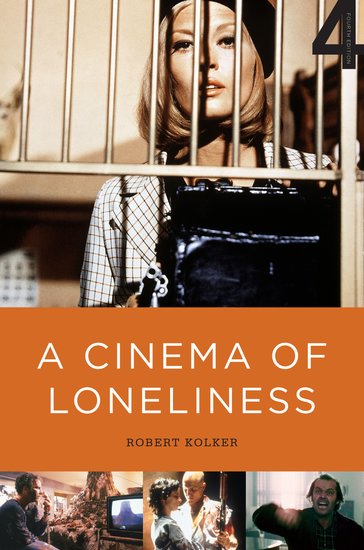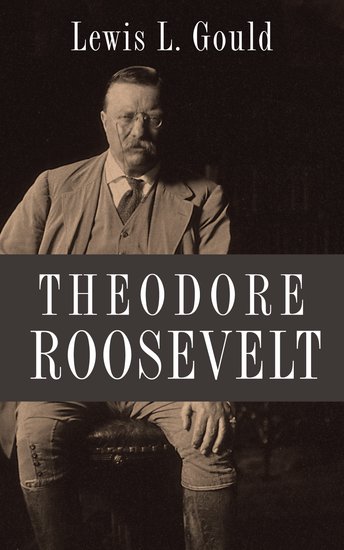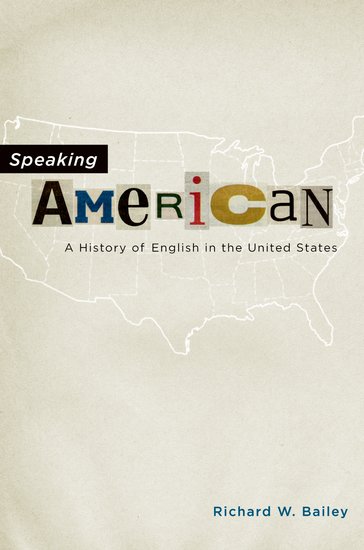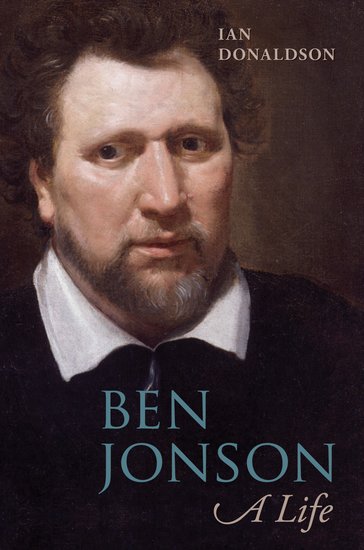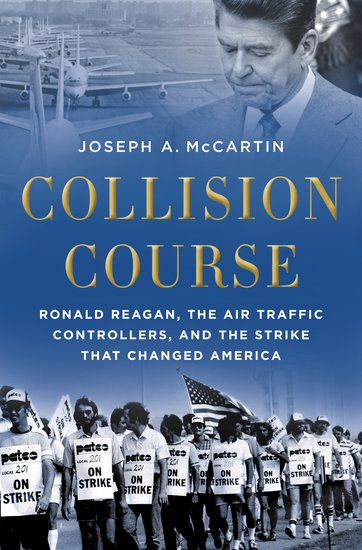A post-quantum world
By Vlatko Vedral
Most of you science buffs out there will, of course, know that science progresses in abrupt jumps, and every once in a while a new theory gets discovered that forces a radical departure from previously held views. I indeed viewed the evolution of science, through what the philosopher Karl Popper called the process of “conjectures and refutations”, as another instance of information processing. But if it’s not unlikely that quantum physics will one day be surpassed, then what confidence should you have in my main thesis? Could it be that the new theory will claim that some other entity – and not a bit of information – is yet more fundamental? In other words, will the post-quantum reality be made up of some other stuff?





